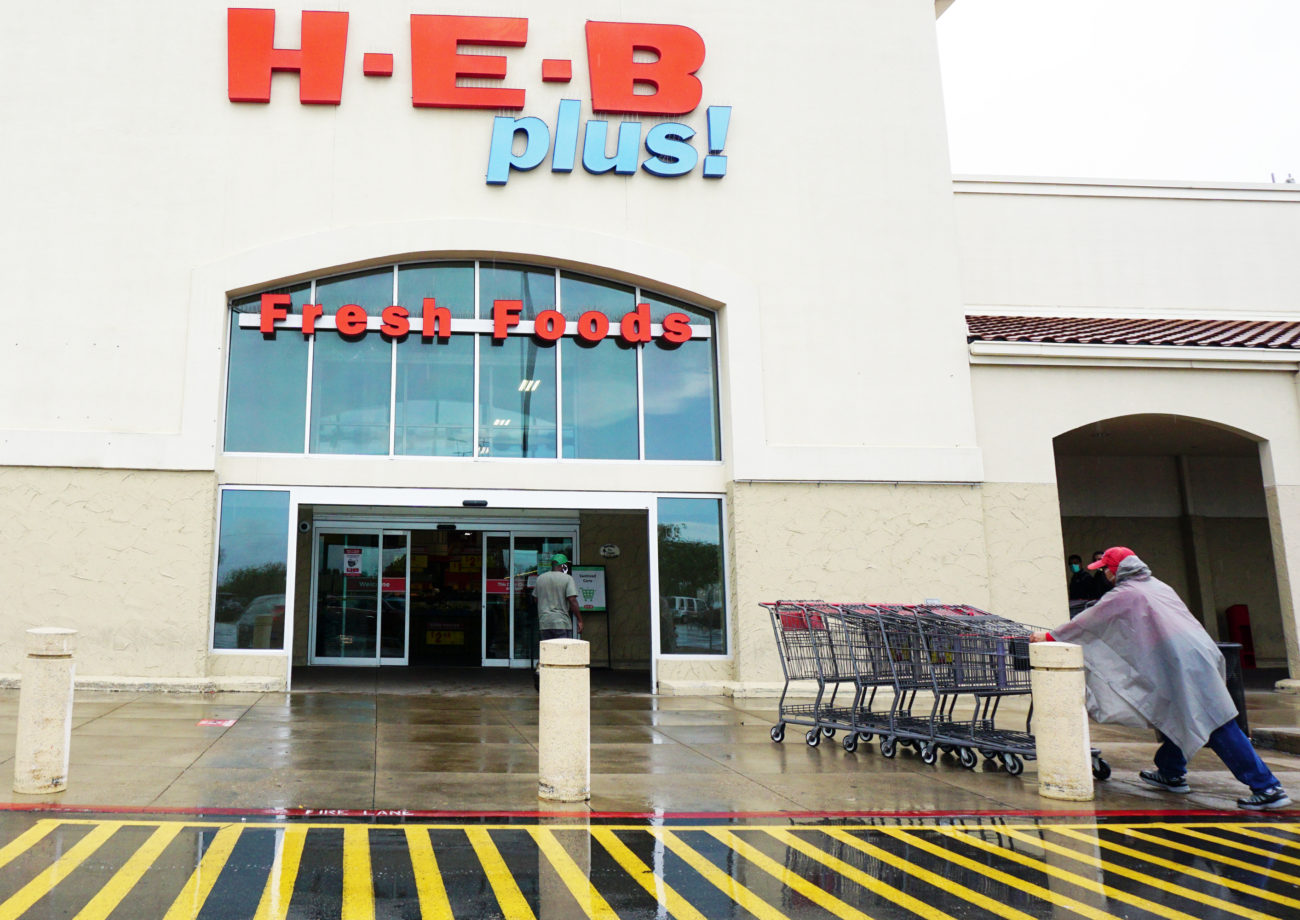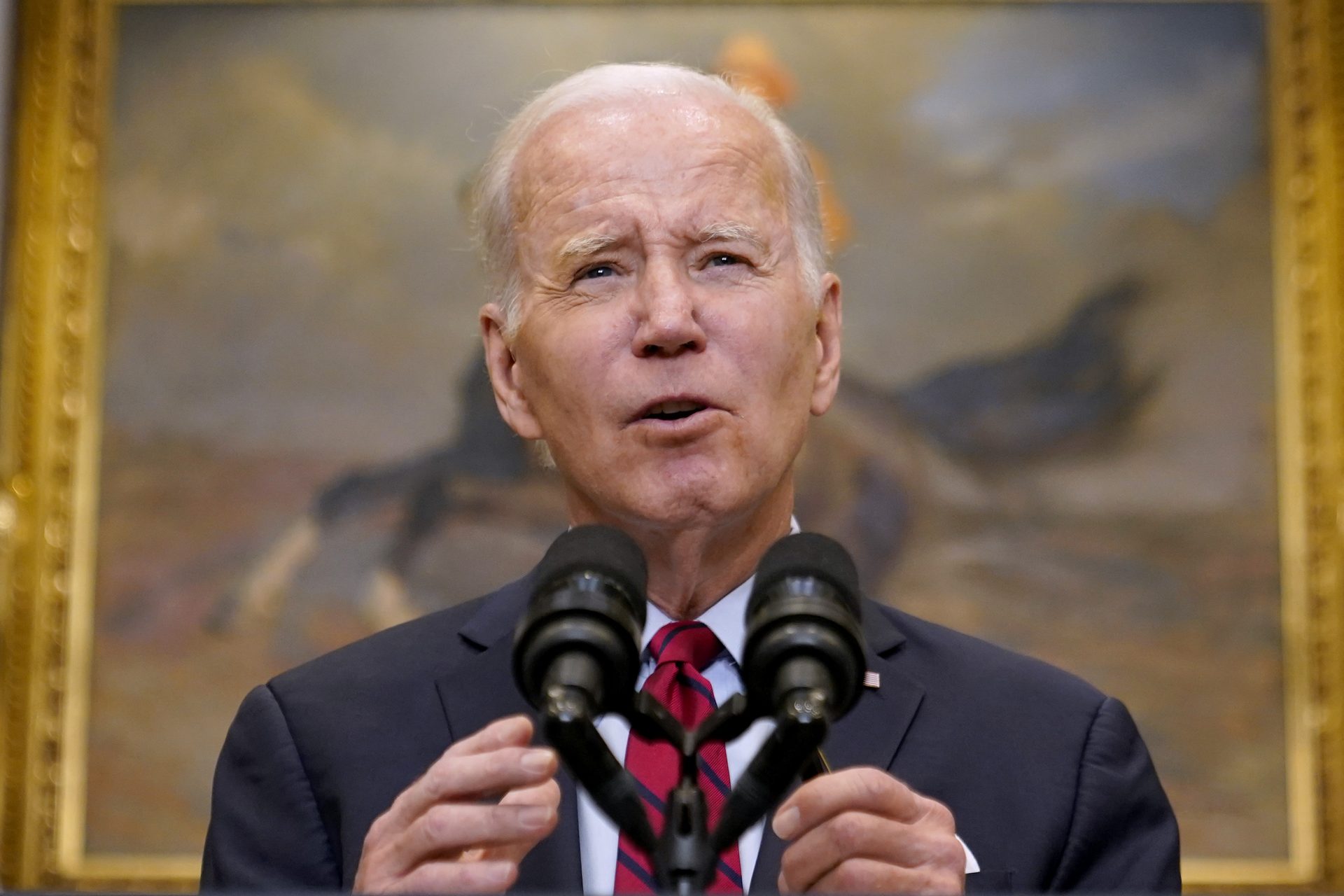WASHINGTON, D.C. – U.S. Rep. Henry Cuellar has asked the Wilson Center to help shine a light on the growing influence of China in Latin America.
Cuellar brought up the subject when participating in a panel discussion at the Mexico Institute’s 10th Annual Building a Competitive U.S.-Mexico Border Conference.
The panel was titled “The Border from the Congressional Perspective.” It featured three members of Congress from the border: Cuellar, Rep. Lou Correa of California, and Rep. Greg Stanton of Arizona. The panel moderator was IBC Bank’s president for Eagle Pass, Hector J. Cerna.
“I’d like to give a little homework to the Wilson Center,” Cuellar said. “If you look at some of the work that SOUTHCOM has done about the presence of China and Russia in Latin America, it’s amazing. It really is. (There are) so many things that they’re doing.”
Cuellar then waved around paperwork from SOUTHCOM.
“This is from SOUTHCOM. They cover everything from Mexico south. I’ve been trying to get NORTHCOM’s attention, and maybe you all can help us on that.”
Cuellar said the paperwork he was waving only covered what China and Russia, and to a certain extent Iran is doing in South America.
“We need more information, down there in Mexico. Also, we’re trying to get Northcom to do the same thing as SOUTHCOM because, like you said, one of these days, we’re going to wake up like in the 1980s and say, oh my god, the Sandinistas are there, send Oliver (North) down there,” Cuellar said.
“We have to pay attention to what’s happening to our own backyard. So, I certainly want to work with you all on this and what SOUTHCOM is doing.”
Cuellar said he had a briefing in Mexico City with US Ambassador to Mexico Ken Salazar about the growing influence of China in Latin America.
“One of the officers told us, you know about China coming in and offering to do certain things? He said something I never forgot. He says the only free cheese is in a mousetrap. We’ve got to be careful because what China and other countries are doing is, they make it very tempting, but we know about the debt trap, what’s happening in other places, and we’ve got to make sure that we know exactly what’s happening.”
Cuellar added that he knows all about the impact China is having in northern Mexico.
“I know what’s happening in Nuevo Laredo and Monterrey and the Chinese and all that. But we really have got to pay attention to that. So maybe that is something that we can work with you on.”
Congressman Stanton agreed with Cuellar’s analysis.
“China is filling that gap, and they are cleaning our clock in the Western Hemisphere and that has to change for the sake of the United States and our economy,” Stanton said.
Last year, the Council on Foreign Relations produced a White Paper about China’s growing influence in Latin America. The document, penned by Diana Roy, pointed out that that China is South America’s top trading partner and major source of both foreign direct investment and lending in energy and infrastructure, including through its massive Belt and Road Initiative.
“It has invested heavily in Latin America’s space sector and has strengthened its military ties with several countries, particularly Venezuela, the document states.
Policymakers in Washington are pursuing new trade and investment avenues to bolster U.S. leadership in the region and push back against Beijing’s influence.”
Click here to read the document.
About SOUTHCOM
U.S. Southern Command (SOUTHCOM), located in Doral, Fla., is one of 11 unified Combatant Commands (COCOMs) in the Department of Defense.
SOUTHCOM is responsible for providing contingency planning, operations, and security cooperation in its assigned Area of Responsibility which includes:
• Central America
• South America
• The Caribbean (except U.S. commonwealths, territories, and possessions)
The command is also responsible for the force protection of U.S. military resources at these locations. SOUTHCOM is also responsible for ensuring the defense of the Panama Canal.
Under the leadership of a four-star commander, SOUTHCOM’s staff is organized into directorates, component commands and Security Cooperation Organizations that represent SOUTHCOM in the region.
SOUTHCOM is a joint command comprised of more than 1,200 military and civilian personnel representing the Army, Navy, Air Force, Marine Corps, Coast Guard, and several other federal agencies.
The services provide SOUTHCOM with component commands which, along with our Joint Special Operations component, two Joint Task Forces, one Joint Interagency Task Force, and Security Cooperation Organizations, perform SOUTHCOM missions and security cooperation activities.
SOUTHCOM exercises its Combatant Command authority through the commanders of its components, Joint Task Forces/Joint Interagency Task Force, and Security Cooperation Organizations.
About NORTHCOM
US NORTHCOM plans, organizes and executes homeland defense and civil support missions, but has few permanently assigned forces. The command is assigned forces whenever necessary to execute missions, as ordered by the president or secretary of defense. Civil service employees and uniformed members representing all service branches work at US NORTHCOM’s headquarters located at Peterson Space Force Base in Colorado Springs, Colo.
The commander of US NORTHCOM also commands the North American Aerospace Defense Command (NORAD), a bi-national command responsible for aerospace warning, aerospace control, and maritime warning for Canada, Alaska and the continental United States.
US NORTHCOM’s civil support mission includes domestic disaster relief operations that occur during fires, hurricanes, floods and earthquakes. Support also includes counter-drug operations and managing the consequences of a terrorist event employing a weapon of mass destruction. The command provides assistance to a Primary Agency when tasked by DOD. Per the Posse Comitatus Act, military forces can provide civil support, but cannot become directly involved in law enforcement.
In providing civil support, US NORTHCOM generally operates through established Joint Task Forces subordinate to the command. An emergency must exceed the capabilities of local, state and federal agencies before US NORTHCOM becomes involved. In most cases, support will be limited, localized and specific. When the scope of the disaster is reduced to the point that the Primary Agency can again assume full control and management without military assistance, US NORTHCOM will exit, leaving the on-scene experts to finish the job.
Congressman Vicente Gonzalez’s concerns
US Rep. Vicente Gonzalez asked US Treasury Secretary Janet Yellen about China’s growing influence in Latin America during a recent congressional hearing in Washington. Here is a video recording of the exchange:
The post Cuellar voices concerns over China’s growing influence in Latin America appeared first on Rio Grande Guardian.
 (2).png)
 2 months ago
66
2 months ago
66









 English (US)
English (US)